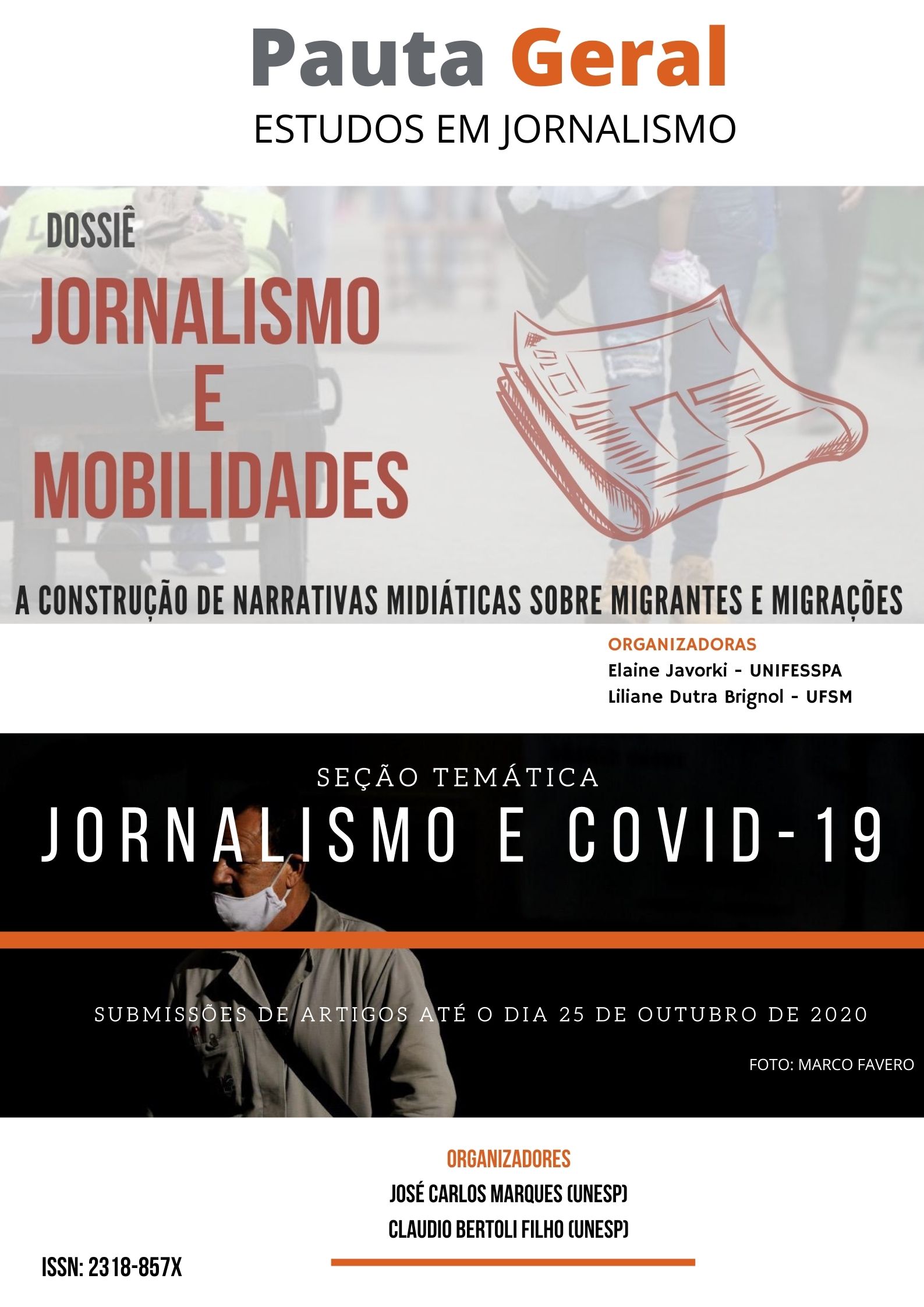Brazil and Portugal: antagonism in the construction of national identity during the First Republic
Abstract
The purpose of this article is to reflect on the identity separation between Brazil and Portugal, and its implications for collective memory, in the process of building the national narrative during the First Republic (1889-1930). The bias of this work places the phenomenon in the space of confluence between journalism and Brazilian history. The analytical cut comprises twelve editions of the magazine “Brazilea” in 1917, studied based on the narrative conception of Ricoeur (1994) and the constructs about memory (Halbwachs, 1990; Pollak, 1992; Catroga, 2016). As a result, the survey revealed: animosity towards Portuguese immigrants; contempt for the Portuguese legacy, considered “vicious”, and an attempt to banish the national ties between countries from the national narrative. The study found signs of antagonism and intolerance, which suggest xenophobic traces against the Portuguese, a kind of lusophobia.





